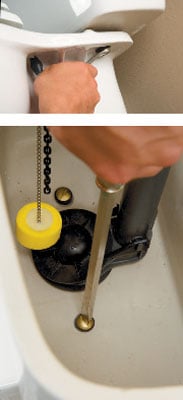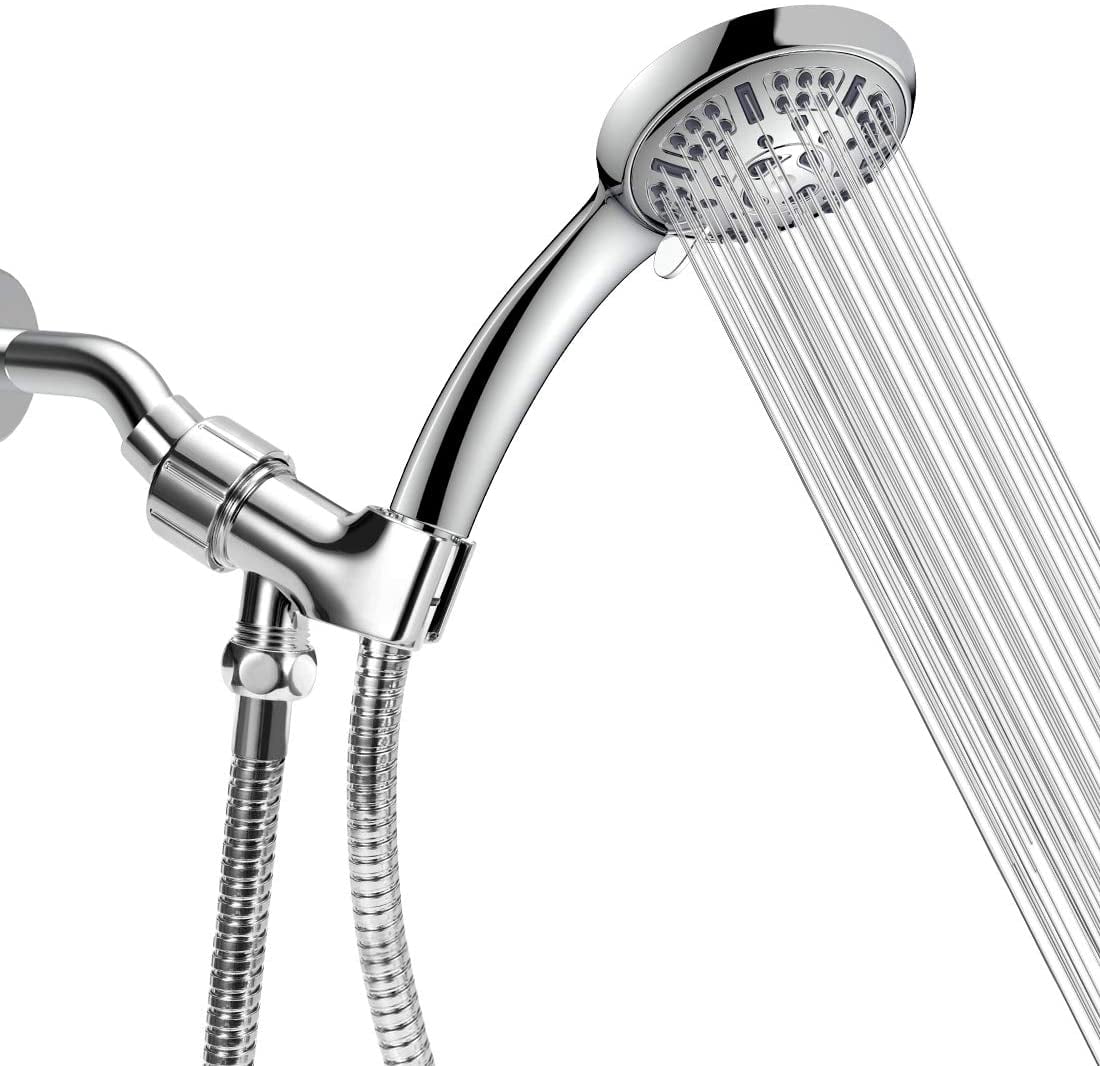The 5 Principal Triggers of Water Leaks
The 5 Principal Triggers of Water Leaks
Blog Article
Just how do you actually feel on the subject of How to Find and Prevent Water Leaks in Your Home?

"Be cautious of little expenditures. A small leak will certainly sink a great ship." - Benjamin Franklin.
He couldn't have been a lot more appropriate because water leaks in our houses lead to a waste of resources, increasing our water expenses. Although this increase might appear minimal initially, it can bring about substantial expenditures that can damage your bank. Aside from a boost in bills, water leakages likewise cause unwanted natural growth, structural damages, and also electric dangers.
Finding out if you have a water leak isn't always simple due to being not able to see most of the pipework in your home. Nevertheless, If you have had a boost in your water costs lately, discovered water discolorations on ceilings as well as wall surfaces, scented poor smell, and so on. You might want to take into consideration asking for plumbing services to get it had a look at.
There are several root causes of water leakages, and we have actually compiled the typical reasons listed below. Check to see if you have had related issues in your house just recently.
Obstructed drains
Food particles, dirt, as well as grease can cause stopped up drains pipes as well as obstruct the passage of water in and out of your sink. If undealt with, raised pressure within the gutters can trigger an overflow as well as finish up fracturing or breaking pipes. To avoid blocked drains pipes in your home, we suggest you to avoid pouring particles away and normal cleansing of sinks.
High water pressure
You saw your home water pressure is greater than typical yet then, why should you care? It runs out your control.
It would certainly be best if you cared since your typical water pressure must be 60 Psi (per square inch) as well as although your residence's plumbing system is developed to endure 80 Psi. A rise in water pressure can put a pressure on your home pipelines as well as cause fractures, or worse, ruptured pipes. Obtain in touch with an expert about controling it if you ever before discover that your residence water stress is higher than common.
Corrosion
As your pipework grows older, it obtains weaker and extra prone to corrosion after the regular passage of water through them, which can eat away at pipes as well as trigger splits. A visible sign of rust in your house plumbing system is staining and also although this might be tough to detect due to the majority of pipes hidden away. We encourage doing a regular appointment every few years as well as change pipelines once they are old to ensure a sound plumbing system
Weakened pipeline joints
Pipe joints are the parts of our plumbing system where the pipelines link. It is important to keep in mind that even though pipes are made to endure pressure and also last for a while, they weren't made to last forever; for that reason, they would certainly deteriorate over time. A typical sign of harmed pipe joints is extreme noise from faucets.
Broken seals
An additional source of water leaks in residences is damaged seals of residence appliances that make use of water, e.g., a dishwashing machine. When such devices are installed, seals are installed around water ports for simple passage of water with the maker. A busted seal can trigger leakage of water when in use.
With little or no knowledge of plumbing, recognizing your house's plumbing system sufficient to deal with a few of these concerns (without repercussion) can be an inconvenience. Connect with plumbing experts in Pittsburgh, Providence, Rochester, and also environ today, as well as they'll make those concerns disappear.
He couldn't have been much more right due to the fact that water leaks in our homes result in a waste of resources, increasing our water costs. If you have had an increase in your water expenses recently, observed water discolorations on wall surfaces and also ceilings, scented lousy smell, etc. A rise in water stress can put a strain on your home pipelines as well as lead to fractures, or worse, burst pipelines. One more reason of water leaks in residences is damaged seals of residence appliances that use water, e.g., a dishwasher. When such devices are set up, seals are mounted around water ports for easy passage of water via the equipment.
5 TIPS IN DETECTING A WATER LEAK IN YOUR HOUSE
Water leaks can be hard to find in your home, yet they can be so common. We rely on water every day in our home, which is why a leak can cause big problems. By detecting them early, you can save money and further damage, getting the problem fixed as soon as possible. Here are 5 tips to help you detect a water leak in your home, so you can contact a plumber straight away and get the issue sorted.
Check your water meter
Many people underestimate the value of the water meter in their home. It can be one of the best ways to tell if you have a leak early on, so you can get on top of it before issues start arising. Start by turning off all the water in your home: taps, washing machine, dishwasher, etc. Now take a look at the meter – if it’s still changing with everything turned off, it’s likely you have a fast-flowing leak that you need to get on top of straight away. If nothing changes, then leave your meter for an hour or two and come back to it. Did it change in this time? It’s likely you have a slower leak, which isn’t as urgent but still handy to get fixed so it doesn’t become a bigger problem.
Keep an eye on your bill
Another good way to detect a leak in your home is by keeping an eye on your water bill. It helps if you have a past bill from the same period of time. You can compare like for like and determine whether your water usage has increased significantly. If it has, there may be a leak in your system that you haven’t picked up before. A professional plumber can check through all of your pipes and determine where it is coming from.
Look for damage
If you have a leak inside your home, you will notice damage over time. Take a look at your showers and bathtubs and note whether any of the tiles surrounding the area seem to be discoloured or damaged in any way. There may be water stains, mould or peeling material that has resulted from a build up of moisture over time. Make sure you take a look under sinks at the back of cupboards that don’t get accessed regularly. This is where damage can go unnoticed and build up over periods of time.

We had been made aware of that report on Where to Find Water Leaks through someone on a different web address. Sharing is caring. Who knows, you might be doing someone a favor. Thanks for going through it.
Overflow? Seek assistance. Report this page